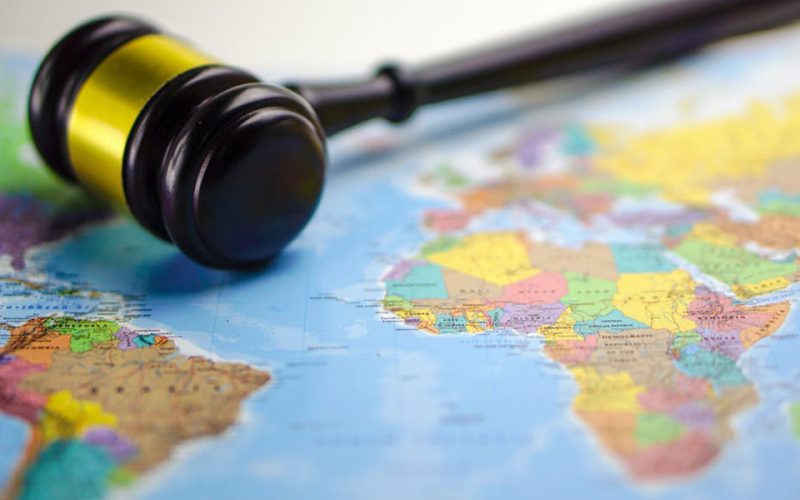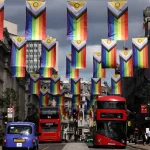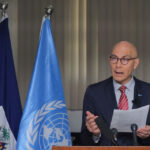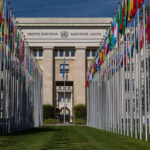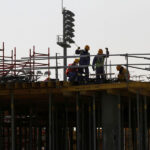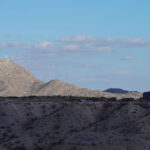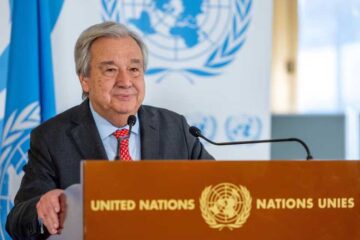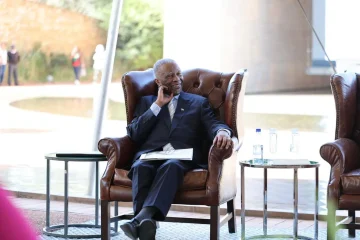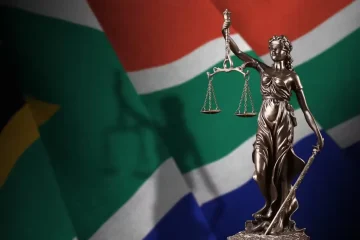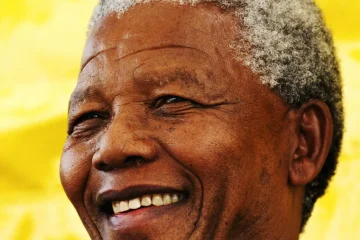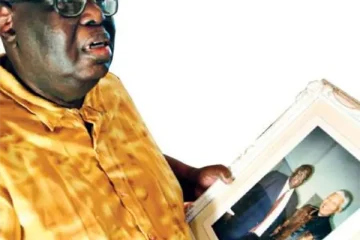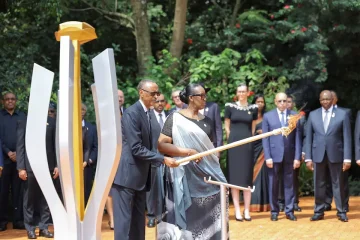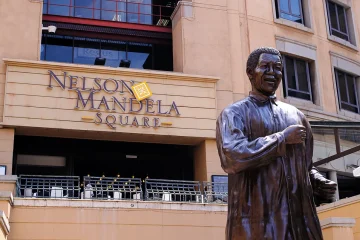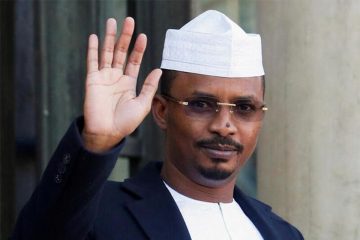[tta_listen_btn listen_text=”Audio” pause_text=”Pause” resume_text=”Resume” replay_text=”Replay”]
“WATER, water, everywhere, Nor any drop to drink.”
This line from Samuel Taylor Coleridge’s poem “The Rime of the Ancient Mariner” comes to mind in this human rights month.
A tidal wave of speeches about civil liberties and democracy were being made but they slip inexorably backwards and provided no succour to ordinary Africans.
The sorry state of human rights in Africa was captured in a seminar held in Johannesburg recently. It was preceded by an address on the issue by South Africa’s president Cyril Ramaphosa at a Human Rights Day event, a U.S. State Department report citing human rights abuses in at least 40 African countries followed by a visit to Zambia this week by U.S. Vice President Kamala Harris to promote democracy and human rights at a summit sponsored by the White House and convened by the leaders of Zambia, Costa Rica, South Korea and São Tomé and Príncipe.
Panellists at the seminar, co-hosted by the African Diaspora Forum and Higher education Media, were ad idem that in spite of the high-minded ideals of the continent’s 54 states when they obtained independence and tied themselves to the UN’s resolution 217A of 1948, human rights have regressed.
South Africa, governed by what many consider to be one the best Bill of Rights/constitutions in the world, was not spared.
Chief editor of The Star, Sifiso Mahlangu, was sharp in his criticism of the state of human rights in the country. He said South Africa should be embarrassed when foreign leaders pointed to the country’s load-shedding problems, high unemployment, a housing crisis and criminality which led to 71 people on average being killed in the country each day.
He said South Africa and Africa’s problems could not be resolved by avoiding the issue of the role of the West, in particular the U.S. and the United Kingdom.
“It’s time to take off the kid gloves in our approach to the West. Why is NATO (the North Atlantic Treaty Organisation) allowed to do what they do?
“Something is wrong when Blinken (the U.S. Secretary of State) runs to South Africa because Russia is at war with its neighbour. They don’t run to others when it’s about resolving the conflict in Palestine or between Western Sahara and Morocco.”
Mahlangu said the beneficiaries of Africa’s problems and poverty were the people who benefited from it.
“They are the same ones who bring the guns to Niger and Mali. An unstable Africa is in the interest of the West.
“A lot of Africa’s problems are not designed by African but by the West”, he said.
Mahlangu said it seemed Africans were “allergic to speaking the truth” about the causes of the continent’s problems.
“Our problem is that we are too afraid to rock the boat regarding the intentions of the West.”
He said no resolution would be found to Africa’s problems unless it is recognised that the “real architects” of Africa’s poverty were the people in the boardrooms of the so-called “free world”.
The African continent was looking to South Africa to be the model in matters of development and human rights. This was the import of a direct challenge issued to South Africa by a former president of Mauritius, Ameenah Gurib-Fakim, at the seminar.
In reference to the electricity crisis in South Africa, she asked: “How did South Africa get here?
“South Africa is one of the continent’s biggest economies. we all looked up to it as the big brother. The country needs to get back on the rails,” she said.
Gurib-Fakim said the continent would be “a lot weaker” without the positive input of South Africa.
She said after 60 years since the first African states gained independence, progress was made in “institution building”. However, human rights not only related to access to the the ballot box.
“We need to look a lot deeper at indicators such as access to education, health care and other basic rights.”
Gurib-Fakim said prerequisite was that corruption across the continent must be addressed “at its very core”.
She said the blame for global warming, which was causing a refugee crisis in Africa, must be placed beyond the borders of the continent.
Deputy Minister of Public Enterprises Obed Bapela, addressing the seminar, said it seemed as if the African “value system” was lost and some leaders had adopted the habits of the colonisers.
“We are the richest continent, but look at poverty and the poor people on this prosperous continent.”
He said a major problem was the export of Africa’s raw materials which were re-imported as finished goods “at three or four times the price”.
Bapela said another issue facing Africa was a skills deficit.
“We’re not investing enough in the skills of our children. And yet we’ve got the youth dividend.
“Unfortunately, because we’re not investing in them, they will die poor. And very soon, Africa will be a continent with an ageing population,” he said.
He said infringements of human rights included the lack of water and access to sanitation facilities and latrines that the children were falling into.
“So, it means we are not honouring those human rights and objectives; even with whatever delivery has happened, we are still far from meeting (all) the challenges.”
The challenge posed by Gurib-Fakim at the seminar raised the fundamental question: Can South Africa be the “big brother” also on human rights on the continent and lead by example?
Or will Africans trying to escape, among other things, human rights abuses in their home countries, continue to end up in watery graves in the Mediterranean Sea?
The jury is out.
(Dorothy Mabelebele is a freelance journalist and the secretary of the African Diaspora Forum)

